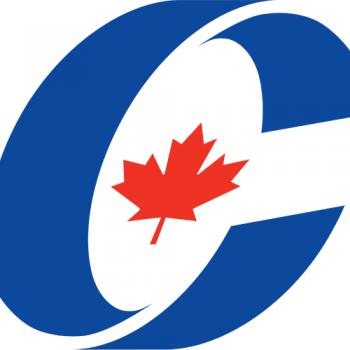How do you want your child’s education – personalized or standardized?
How having the conversation changes the conversation
In July 2017, over 100 teachers, union leaders, and others interested in publicly funded public education gathered together at the Canadian Forum on Public Education, an annual event of the Canadian Teachers’ Federation (CTF) aimed at increasing the breadth, depth, and reach of dialogue about teaching and learning in order to inform and contribute to continuous systemic improvements so that all children and youth have access to quality publicly funded public education. The theme of this year’s Forum was Students before Profit; throughout the conference, participants and speakers grappled with increasing threats to the teaching profession and public education such as de-professionalization and privatization in Canada and abroad. Over two days, there were many “aha” moments for facilitators and participants alike as we learned more about attacks on and strengthening of publicly funded public education at home, in the United States, and overseas (particularly in Uganda).
In order to support individual and collective actions to strengthen the teaching profession and public education, CTF launched the results of a collaborative effort among CTF, The Alberta Teachers’ Association (ATA), Education International (EI) as part of its Global Response to the privatization and commercialization of education, and Graham Brown Martin. We the Educators is, at once, both compilation and catalyst. Through engaging videos and a comprehensive research literature review, We the Educators seeks to catalyze important conversations about the impact of education technology on the personalization, standardization, privatization, and datafication of public education.
Happy retirement to the following CTF staff members:
Alex Davidson, International and Social Justice Program Officer
Bernie Froese-Germain, Researcher, Research and Professional Learning
Athina Lavoie, Multimedia Specialist, Communications, and
Lynne Richard, Administrative Assistant, Research and Professional Learning
While your lovely presence will be missed in the office, the great work you achieved ensures you will not be forgotten anytime soon. Your contributions have made quite a positive impact on the teaching profession. Thank you for being tireless professionals and helpful colleagues. You will be missed, but never forgotten. Now go and relax!
Some of the statements in the short videos are intentionally provocative to spark conversation because, as colleague Dr. Phil McRae (ATA) puts it, “having the conversation changes the conversation”. One of the most provocative segments in the videos states, “standards are good, standardization is not”. Here we are intentionally black and white to invite a reaction that can lead to meaningful conversations about what the teaching profession means by standards and standardization and what both mean for teachers and students. Pause for a minute, if you were at the Forum or are familiar with We the Educators, what is your reaction to this statement? Go a little further – how do you define or describe standards? What about standardization? And, importantly, what are the impacts of each in classrooms, schools, and education systems?
During the Forum, I had the privilege of convening two conversation sessions with colleagues about the personalization or “de-personalization” of education, based on the We the Educators resources. These conversations expanded everyone’s understanding of how educational technologies can lead to a depersonalization of education where technology is often offered in place of a qualified teacher to guide learning. The discussions at the Forum also generated excellent ideas for further action, and in fact more conversations we can all convene about the impacts of educational technology and resulting personalization, standardization, privatization, and datafication of teaching and learning. Specific ideas shared included the following suggested actions for Member organizations of CTF:
- share We the Educators with the units in the province and territory as well as committees
- offer workshops for teacher, parent, and or school/board groups using one or more segments of the videos and literature review to spark conversation and plan action
- use the resource as a vehicle to talk about optimal learning conditions for students
In addition to supporting the above actions, CTF was urged to:
- develop a template for workshops using We the Educators
- create one or more social media shareables that link to the videos
- reach out to faculties of education to invite use of these resources in their programs
With the excellent input during and following the Forum, the conversations are already changing and CTF will continue to support teachers as leaders of conversations about our profession, teaching, and learning. For CTF, it is imperative that the voices of teachers and, of course, leaders of teacher organizations be heard in all conversations about the future of public education. We cannot allow private sector and other outside parties to lead dialogue and policy setting regarding the future of public education. We are professionals with the agency to make changes for the good of students and our profession. Let’s continue the conversation. How do you want your child’s education?


